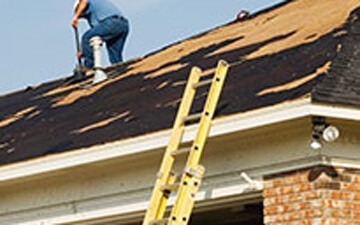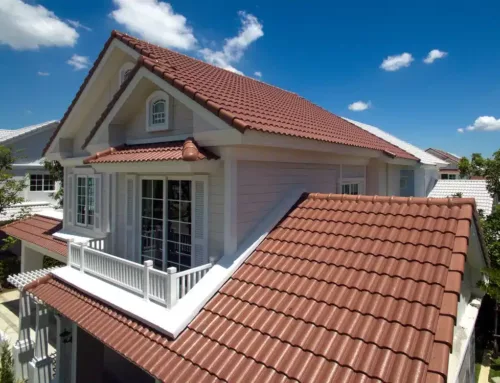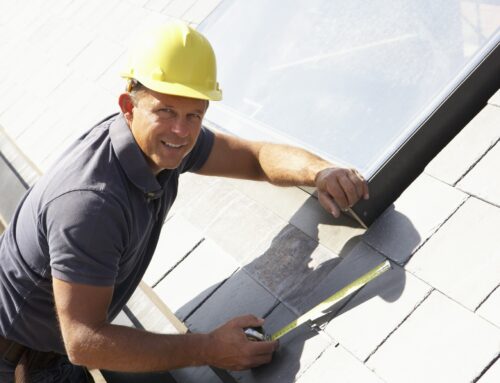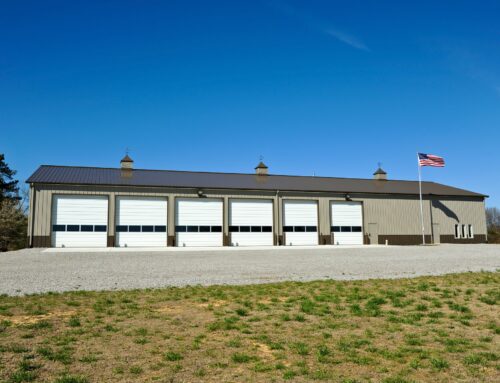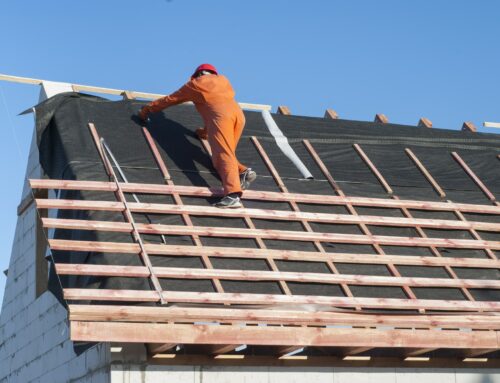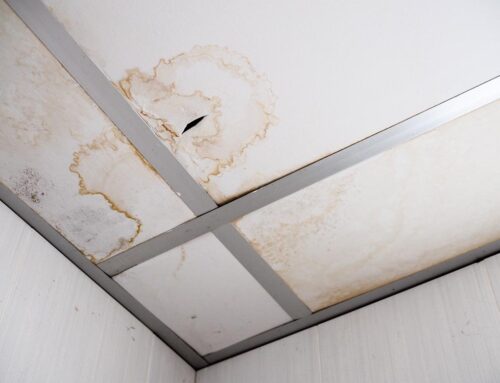When storms hit and cause damage to homes, getting repairs made quickly becomes a priority for homeowners. In many cases, local contractors may be overwhelmed by calls and requests therefore may have trouble keeping up. Insurance companies often have time limits for filing storm damage claims and for getting work completed, leaving homeowners panicked and anxious to get their homes inspected and repaired. Knowing this, contractors from outside of the area may come in to the area to take advantage of the abundance of work.
These contractors, often referred to as stormers or storm chasers, are companies or work crews that travel from one area to another that has been affected by significant storm damage to perform repairs. Stormers may stay in one area for as little as a couple of months to as long as a year or two, depending on the severity of the storm and the volume of potential work.
While many of stormers are honest, reliable, and trustworthy, unfortunately that is not true of all of storm chasers. Many homeowners, desperate to get their roofs repaired, have hired stormers only to be left with sub-par or incomplete work. Even when the work is completed, stormers leave the area once the work subsides and aren’t around to deal with any problems that may arise down the road.
There are several red flags to watch for that may signal a less-than-reliable stormer:
After a storm hits, local contractors are typically too busy with customers who have sought them out to go door-to-door seeking work. Contractors who come to your door are more than likely storm chasers. In many cases, they will offer you a free roof inspection and then inform you that you have damage. Be wary if the sales person becomes pushy and insists that you need to put down a deposit and start work right away. In some cases they may tell you that if you wait, you will end up at the bottom of a long wait list if you decide to hire them later. While a roofing contractor can tell you if you have damage, only your insurance agent can determine if your policy will cover the damage. If you pay a contractor before your insurance company has authorized repairs, you could be left on the hook for any expenses. And in some cases, the repairs may not have been needed anyway. Instead, ask for a card and information from the sales person and then call them in a day or two if you want to consider using them and allow them to try and earn your business. And never sign any contracts or make any payments until your insurance company has given you the go-ahead.
Some stormers will insist on being paid up front, either in full or with a partial payment, citing the need to pay for materials. In some instances, the stormers have then disappeared with the money without doing any work or delivering any supplies. You should never make any upfront payments. Reputable contractors will have a credit line with material distributors, eliminating the need for payments in advance. However, requesting partial payment after delivery of materials or on the day work begins is a reasonable request by your contractor.
Do not hire a contractor who asks that you pull your own construction permits. This most likely indicates that the company or contractor does not have a local license, has not paid their insurance, or is unable to obtain the permit on their own. Reputable contractors know how to obtain the proper permits efficiently.
Beware of contractors offering bids that seem too good to be true. To keep the expense low to attract customers, they may cut corners and quality, which could leave you with sub-par work.
In addition to watching for these red flags, there are other steps you can take to help determine if a contractor is reputable or not.
- Ask for their license number and a copy of the license.
- Ask to see their insurance certificate and verify that it has not expired and that it matches the name of the company.
- Request references. Call one or two to verify any claims of service or warranties made by the sales person.
- Talk to your neighbors, who were most likely approached by the same sales person, and ask for their impressions of the company or contractor.
- Ask for a sample of their warranty.
- Ask to see their payment schedule.
- Request their contact information and verify the process for contacting the company after work is complete.
Contrary to popular belief, the Better Business Bureau is not always a reliable way to verify the reliability of a company. Getting accredited by the BBB is an easy process and negative reviews can take 3 to 6 months or more to show up. So companies that have only recently become accredited may not have any history yet to show positive or negative track records.
If possible, it’s always best to hire an established and reputable local roofing professional. They will be around long after the work is complete to service their work if needed and honor their warranty. While acting quickly is important, don’t rush into signing a contract. Panicking and rushing make it more likely that you may be taken advantage of by a stormer.

